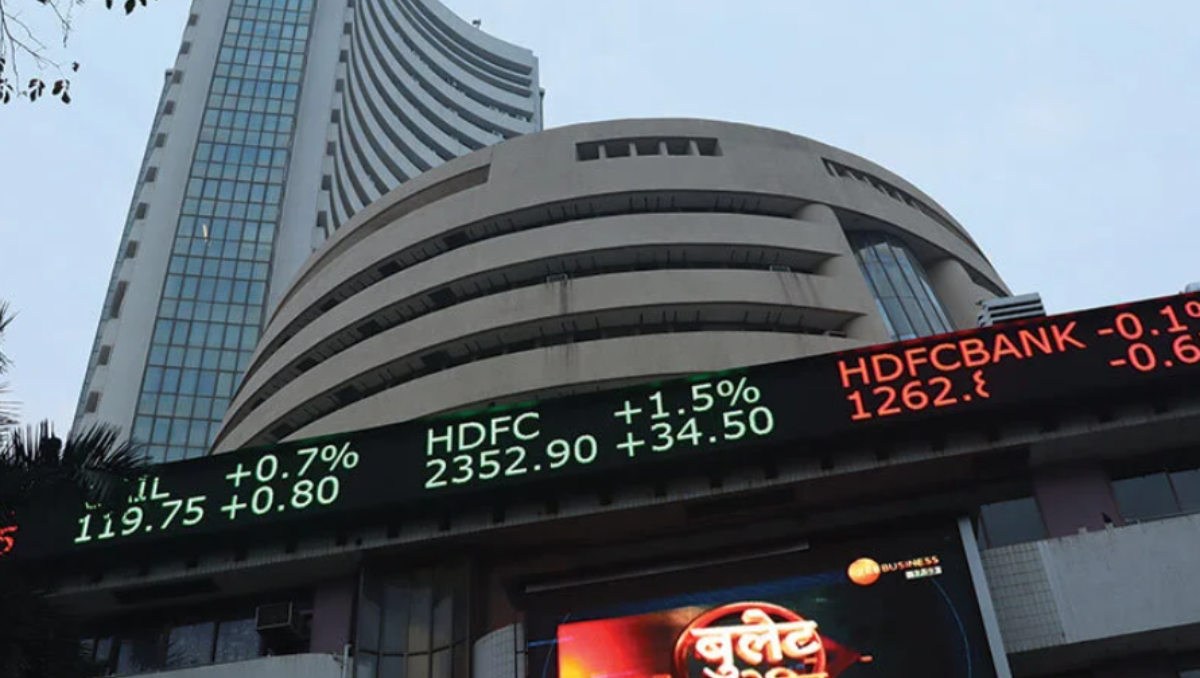The National Stock Exchange (NSE), the largest exchange in India, in September had requested that the Securities and Exchange Board of India (SEBI) to expand the trading hours for index derivatives, which has sparked debate and discussion inside the market regulator. Despite the fact that the idea started a conversation, people with firsthand knowledge of the situation say that no final decision has yet been made.
NSE Extension
The suggestion to extend trading hours for the equity derivative segment has been put forth after extensive discussions involving various stakeholders, as stated by Sriram Krishnan, Chief Business Development Officer at NSE. It has taken some time to consider the viewpoints of both domestic and foreign portfolio investors. The conclusion reached is that, rather than affecting the cash equity segment, it would be more appropriate to extend trading hours for the equity derivative segment. As a result, an initial proposal is being examined to introduce a trading session from 6 pm to 9 pm India time, during which index options and futures will be made available.
The initial launch of the evening trading session for index futures and options is the main goal of NSE’s proposal. The goal of this extended trading window is to give investors better possibilities to manage risk. Offering extra trading hours can enable investors to better manage their portfolios and reduce risks in a financial environment that is continually shifting.

The plan was thoroughly evaluated by SEBI, the regulatory body in charge of supervising India’s financial markets. The possible influence on derivative trading volumes was one of the main factors in this evaluation process. The oversight organisation is interested in learning whether the longer trading hours would increase the already high volumes in derivative trading.
What time extensions for stock derivatives trading does the National Stock Exchange anticipate?
The NSE wants to extend the trading hours for index futures and options from 6 p.m. to 9 p.m. IST as part of the proposed amendments. To avoid any ambiguities, Krishnan made it clear that trades executed during these extra hours would be included in the volumes for the following day. He added that “whatever expiry is applicable to the next day’s trade…applies to the trades conducted between 6 and 9 p.m. on the previous day.” According to Krishnan, it will take “at least a couple of months” for these extended hours for derivative trading to become operational.
The action is in accordance with the NSE’s proposed phased plan, which offers an organized approach to expanding trading hours. The exchange intends to extend Index F&O trading hours until 9 p.m. in the first phase, and then until 11:30 p.m. in the second phase. The proposal to prolong cash market trading hours till 5 p.m. is presented in the plan’s final stage.
Supporters of this extension contend that it more closely coincides with international markets and takes into account the market-moving news that frequently breaks in the nighttime hours. The NSE’s request for longer trading hours in the futures and options (F&O) segment is in reaction to SEBI’s reported contemplation of extending trading hours for the cash market.
Sriram Krishnan’s statements on the same
According to Sriram Krishnan, the proposal’s main motivation came from the trading community. For more than nine months, the exchange held consultations on the proposal with a variety of trading members serving various investor categories across regions, industry associations, and other stakeholders. The proposal was also discussed in the advisory committee for trading members of the NSE.
The NSE’s proposed action to extend trading hours for equity derivatives will benefit retail investors and market participants.
At 3.30 pm, when the majority of the European equity markets would have just begun to open for trading and the US equity markets would be closed, the equity and equity derivatives markets in India close.

India’s investors, especially the smaller ones, lack access to international markets. These investors are unable to respond to information or events that occur outside of regular trading hours and have an impact on the prices of Indian assets, especially equity indices. The Chief Business Development Officer of NSE, Sriram Krishnan, offered insights into the suggested extended trading hours. The NSE plans a trading window for the evening session from 6 p.m. IST to 9 p.m. IST, with trades executed during this time being settled the following day. Notably, this pilot plan excludes cash equity and single stock options and concentrates only on index derivatives.
The prospect of longer trading hours for index derivatives in India may significantly alter the trading environment as discussions and regulatory assessments advance. The goal of such an expansion would be to give market participants more accessibility and flexibility so they can react more quickly to market changes and manage their risk exposure more effectively. The choice will ultimately depend on SEBI’s thorough evaluation of the proposal and its potential effects on the Indian financial markets.



